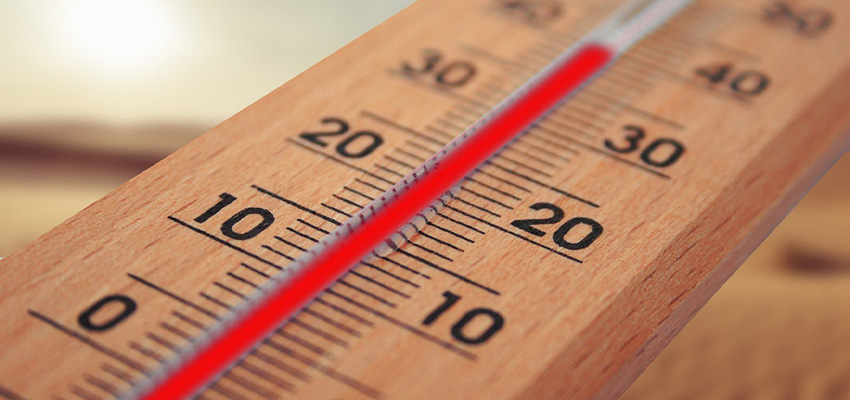Climate change is significantly altering microbiological food security, affecting both food production and safety.
The Public Health Agency of Catalonia (ACSA) has published a analysing how climate change affects food safety from a microbiological perspective. It highlights that rising temperatures, climate variability, and extreme events can favor the proliferation of pathogens and toxins in food.
Some of the emerging risks highlighted are:
- Mycotoxin proliferation in crops
Rising temperatures and humidity favor the growth of mycotoxin-producing fungi, such as aflatoxins, in crops such as cereals, legumes, and nuts. These toxins, highly dangerous to human and animal health, are appearing in regions where they were previously uncommon as a result of climate change. - Emergence and spread of pests and diseases
Climate change is facilitating the emergence of new plant pests and the spread of zoonotic diseases, affecting plant and animal health. This increases the risk of food contamination and the spread of vector-borne diseases. - Increase in foodborne illnesses
Changing climatic conditions, such as rising temperatures and humidity, affect the survival and proliferation of pathogenic bacteria such as Salmonella and Campylobacter, the main causes of foodborne illnesses. An increase in food poisoning from the ingestion of molluscs contaminated with Vibrio bacteria has also been observed, favored by warming marine waters.
The report underscores the need to adapt food safety control systems to changing climatic conditions. It recommends strengthening microbiological surveillance, updating regulations, and promoting sustainable agricultural practices. It also emphasizes the importance of cross-sector collaboration to comprehensively address these challenges.
YOUR PLUS: The laboratories of AGROLAB GROUP offer accredited microbiological assays, analysis of mycotoxins, and other contaminants in food and feed.
Author: Dra. Isabel Gómez AGROLAb Iberica

 Contact
Contact

 Contact
Contact Career
Career